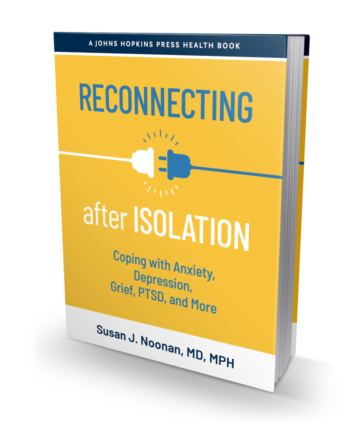When someone you love refuses to get professional treatment for their mood disorder such as depression or bipolar disorder, this can put you as a family member in a very uncomfortable and difficult position. You care for the person, can see that he or she needs help, and feel powerless to just stand by. It’s a time when you cannot force treatment if he is over age 18 unless he is at risk of harming himself or someone else, or shows signs of psychotic thinking, which is not very common. So what do you do?
You might begin by spelling out what you observe in him or her that’s different from her usual baseline state. For example, gently mention any changes you have noticed in her, making sure that your tone is not judgmental or critical. Things of concern are alterations in overall appearance; decreased level of energy or fatigue; lack of interest in previously enjoyed people or activities; changes in sleep, appetite, or weight; or negative thoughts noted in conversation. Reinforce your love and concern, and that you are there for her. Try to provide clear and reliable information on treatment for depression that you have received from your family doctor and have read about. Offer to help with the logistics, which can sometimes feel overwhelming to a person in the midst of a depression episode. This could include providing phone numbers for the mental health professionals in her area or driving her to an appointment. Help her to understand that going for an evaluation does not mean that she has to agree to the proposed treatment – she can take time and think about it.
It’s useful if you can understand what is behind his or her reasons for refusing treatment and then address those issues. A person may refuse to accept mental health treatment for many reasons – he may believe it indicates he is a failure; it may make him feel more vulnerable and that it is intrusive; he may be concerned about finances in paying for treatment or privacy issues and fear of stigma if friends or co-workers find out; he may believe that treatment is not effective, at least not for him; he may fear becoming dependent on medications or dread the side effects he has heard rumors of; he may be concerned that treatment such as talk therapy may raise up strong emotions that he fears having to deal with.
Once you understand his reasons for refusal, try to discuss with him the logic behind his thinking. Information is a powerful tool. Provide him with reliable, sound information on the treatment, the reasons you believe treatment is important for him, how with treatment he will be better able to achieve his goals in life, and help him to understand that he will feel better.
In some situations, such as if your loved one is an adolescent, you might have to set boundaries, including agreeing upon acceptable behaviors and using a tough love approach. You might have to take away certain privileges from a teenager until such time as he or she demonstrates that she can care for herself safely. For example, she must show that she can take her meds, attend and participate in appointments, comply with the treatment plan, not drink and drive, etc. If your family member who has depression is an elderly parent, you may have to arrange for someone to be with her so that she’s not left alone during the day when others in the family are away at work or school.
Caring for someone is a full time job that is not easy. Good luck!
This article was previously posted in View From the Mist on Psychology Today.

